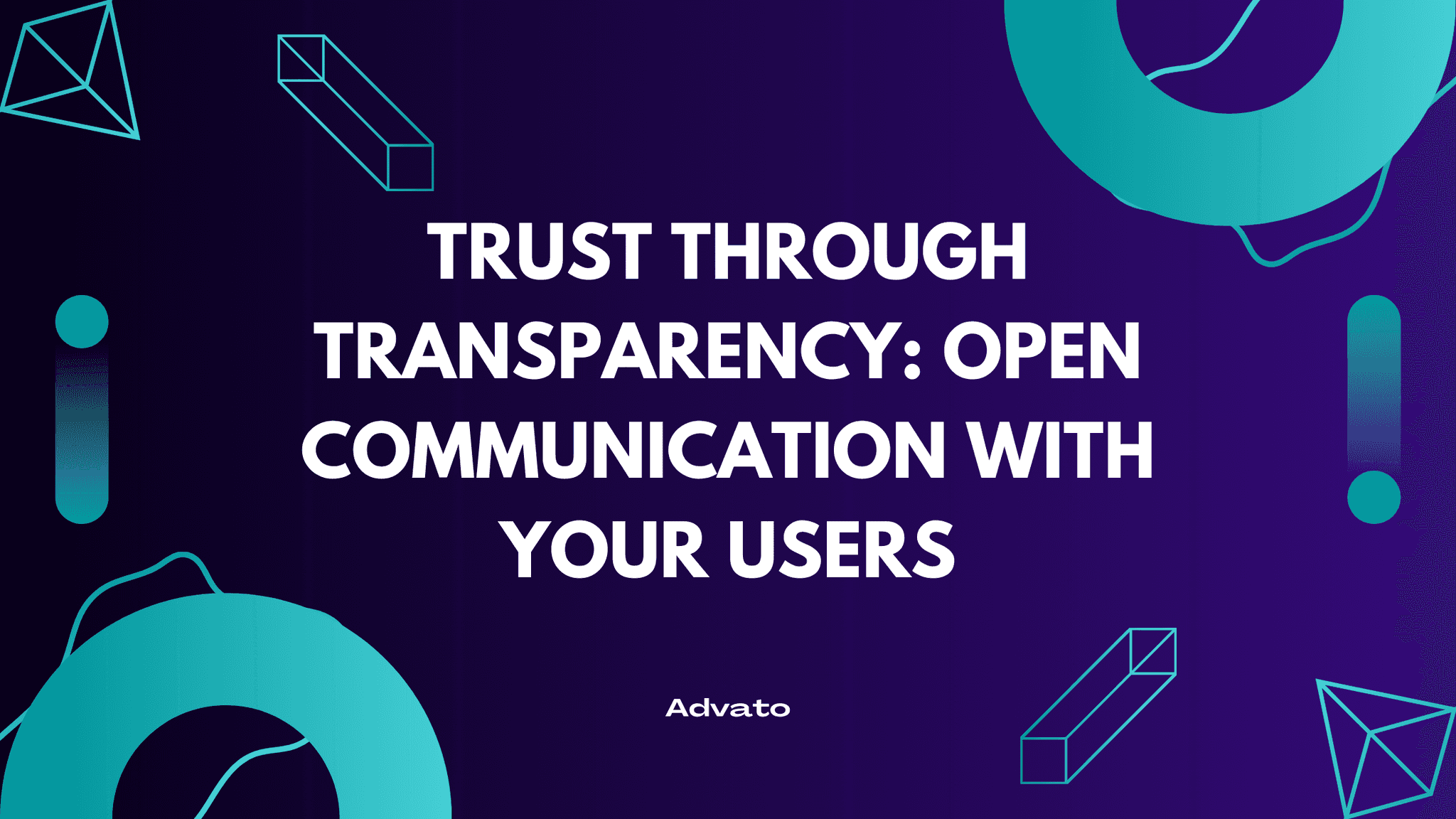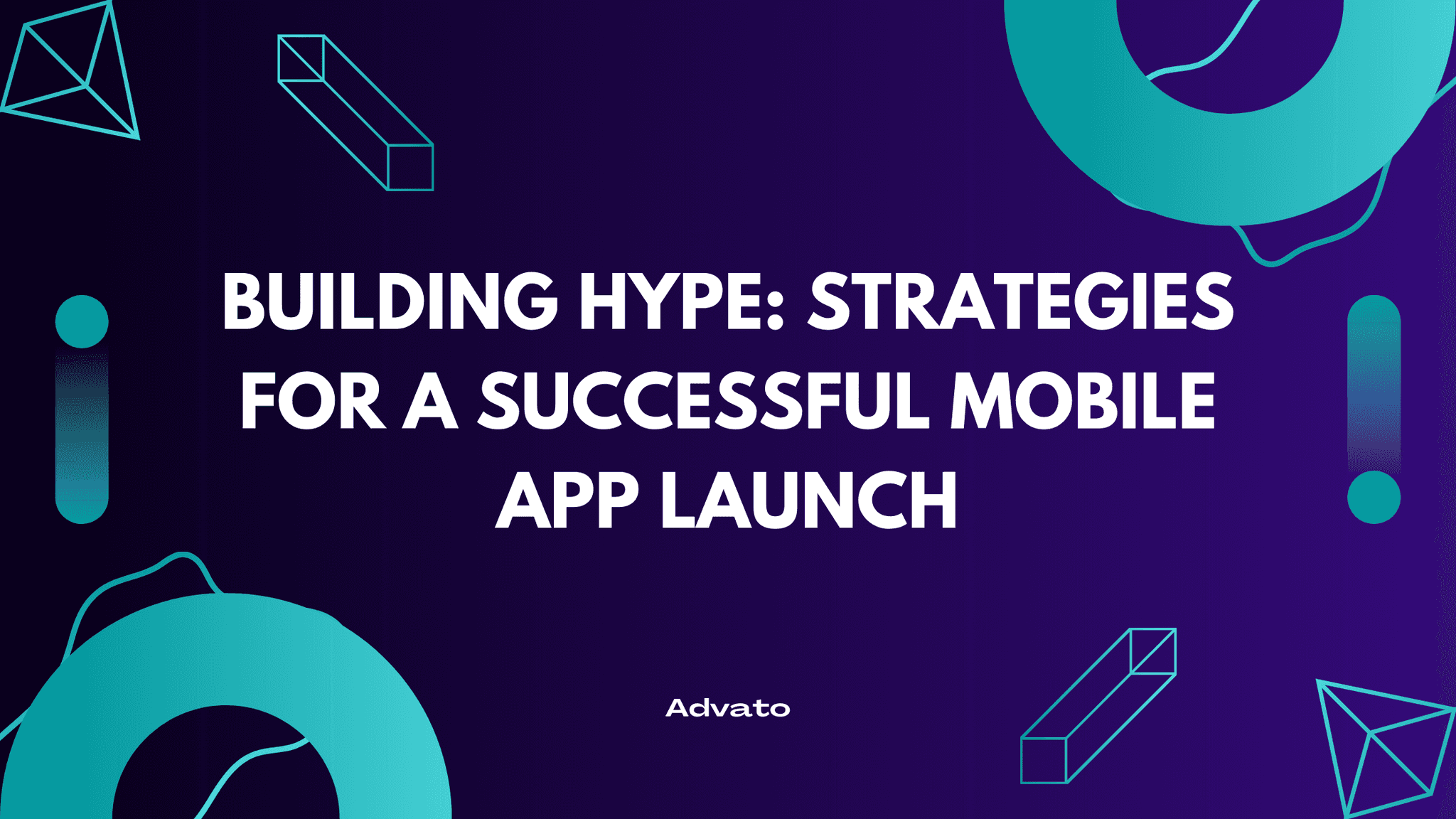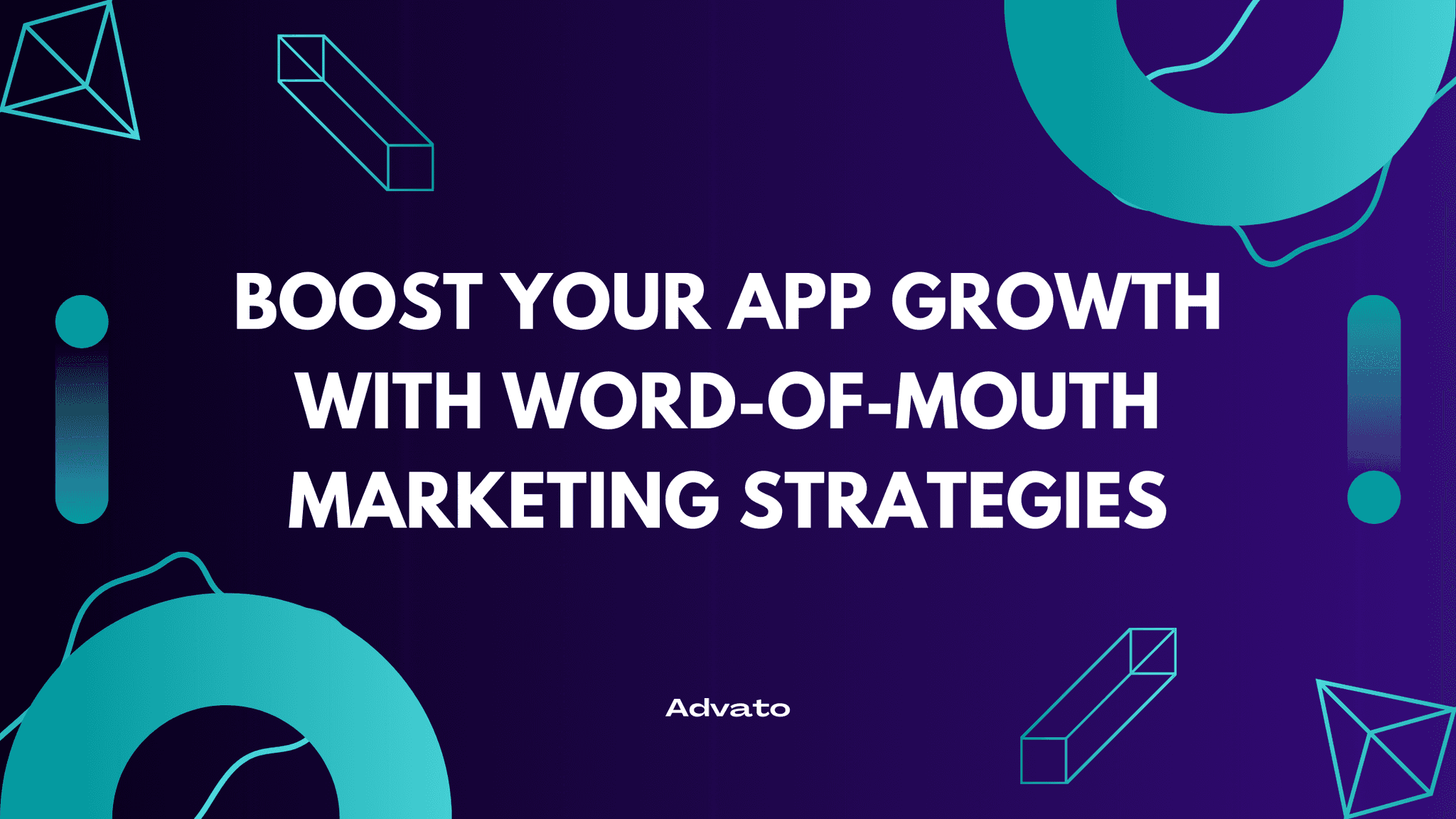Sep 28, 2024
User acquisition and retention are constant challenges in the world of mobile apps. One powerful strategy that's gained significant traction is app referral programs. These programs not only help bring in new users but also engage and retain existing ones. However, the success of any referral program hinges on one crucial element: the rewards. In this post, we'll dive into the art and science of designing effective rewards for in-app referral programs.
Understanding the Power of Referral Marketing
Before we jump into reward design, let's briefly touch on why referral marketing is so effective for mobile apps:
Trust factor: People trust recommendations from friends and family more than traditional advertising.
Cost-effectiveness: Referral programs often have a lower cost per acquisition compared to other marketing channels.
Higher-quality users: Referred users tend to be more engaged and have a higher lifetime value.
Viral potential: A well-designed referral program can lead to exponential growth.
The Importance of Well-Designed Rewards
The rewards you offer in your referral program can make or break its success. Here's why they're so crucial:
Motivation: Rewards incentivize users to take action and refer others.
Perceived value: The right rewards can make users feel appreciated and valued.
Brand alignment: Thoughtfully designed rewards can reinforce your brand identity and values.
User experience: Rewards contribute to the overall user experience of your app.
Now, let's explore how to design rewards that will supercharge your mobile referrals and boost your app's growth.
Key Principles of Effective Referral Rewards
Value Proposition
Your rewards should offer clear value to both the referrer and the new user. Consider these factors:
Monetary value
Exclusivity
Convenience
Entertainment
For example, a fitness app might offer a free month of premium features to both the referrer and the new user. This reward has a clear monetary value and gives both parties a taste of the app's premium experience.
Relevance to Your App
The most effective rewards are those that align with your app's core offering. This ensures that the reward enhances the user's experience with your app rather than being a disconnected incentive.
For a food delivery app, offering free delivery or a discount on the next order makes more sense than, say, entering users into a draw for concert tickets.
Timing and Instant Gratification
In the fast-paced world of mobile apps, instant gratification can be a powerful motivator. Consider offering immediate rewards upon successful referral, even if they're smaller, alongside larger rewards that might take longer to achieve.
Tiered Rewards
Implementing a tiered reward system can encourage users to make multiple referrals. For example:
1 referral: $5 in-app credit
3 referrals: $20 in-app credit
5 referrals: $40 in-app credit + exclusive feature unlock
This structure motivates users to aim for higher tiers, potentially driving more referrals.
Double-Sided Rewards
Offering rewards to both the referrer and the new user can increase the likelihood of successful referrals. It gives the referrer an altruistic reason to share ("Hey, you can get this cool reward if you sign up!") in addition to their own benefit.
Personalization
If possible, personalize rewards based on user behavior or preferences. This could involve offering choices or tailoring rewards to individual user segments.
Types of Referral Rewards
Now that we've covered the principles, let's explore some specific types of rewards you can consider for your in-app referral program:
In-App Currency or Credits
Offering in-app currency or credits is a popular choice as it keeps users engaged with your app. For example, a ride-sharing app might offer ride credits for successful referrals.
Premium Features or Content
Unlocking premium features or exclusive content can be a great way to showcase the value of your app's paid offerings. A music streaming app could offer a month of ad-free listening as a referral reward.
Physical Goods or Experiences
For apps with a physical component (e-commerce, food delivery, etc.), offering tangible rewards can be effective. An online marketplace app might offer free shipping or a discount on the next purchase.
Charitable Donations
For apps looking to emphasize social responsibility, offering to make a charitable donation for each referral can be a powerful motivator for socially conscious users.
Early Access or Beta Features
Giving referrers early access to new features or beta versions of your app can be an exciting reward for engaged users who love being on the cutting edge.
Gamification Elements
Incorporating gamification into your referral program can make the process more engaging. This could include badges, levels, or leaderboards tied to referral activity.
Implementing Your Referral Reward Program
Once you've designed your rewards, the next step is implementation. This is where technology can make a significant difference. Advato offers streamlined solutions for implementing and managing in-app referral programs. With Advato, you can easily set up, track, and optimize your referral rewards, ensuring you're getting the most out of your program.
Here are some key considerations for implementation:
User Experience: Make sure the referral process and reward redemption are smooth and intuitive.
Clear Communication: Clearly explain how the referral program works and what rewards users can expect.
Tracking and Analytics: Use robust tracking to measure the success of your program and identify areas for optimization.
Fraud Prevention: Implement measures to prevent abuse of your referral system.
Testing and Optimization: Continuously test different reward structures and optimize based on performance.
Measuring the Success of Your Referral Rewards
To ensure your referral rewards are effective, you need to track the right metrics. Here are some key performance indicators (KPIs) to monitor:
Referral Rate: The percentage of users who make referrals
Conversion Rate: The percentage of referred users who actually sign up
Cost Per Acquisition (CPA): The cost of acquiring a new user through referrals
Lifetime Value (LTV) of Referred Users: How valuable referred users are in the long term
Reward Redemption Rate: The percentage of earned rewards that are actually redeemed
User Satisfaction: Feedback from users about the referral program and rewards
By closely monitoring these metrics, you can continuously refine your reward structure for maximum effectiveness.
Common Mistakes to Avoid
While designing your referral rewards, be aware of these common mistakes:
Overly Complex Programs: Keep your referral program and rewards simple and easy to understand.
Insufficient Value: Ensure your rewards are valuable enough to motivate action.
Ignoring User Feedback: Listen to your users and be willing to adjust your rewards based on their input.
One-Size-Fits-All Approach: Consider segmenting your users and tailoring rewards to different user groups.
Crafting Rewards that Drive Growth
Designing effective rewards for your in-app referral program is both an art and a science. It requires a deep understanding of your users, your app's value proposition, and the principles of behavioral psychology. By offering relevant, valuable, and well-structured rewards, you can turn your users into powerful advocates for your app.
Remember, the key to a successful referral program lies in continuous optimization. Use Advato to implement, track, and refine your referral rewards. Regularly analyze your results, gather user feedback, and be willing to iterate on your reward structure.
With the right approach to referral rewards, you can create a virtuous cycle of growth, where satisfied users bring in new users, who in turn become advocates for your app. In the competitive world of mobile apps, this organic, user-driven growth can be the key to sustainable success.


